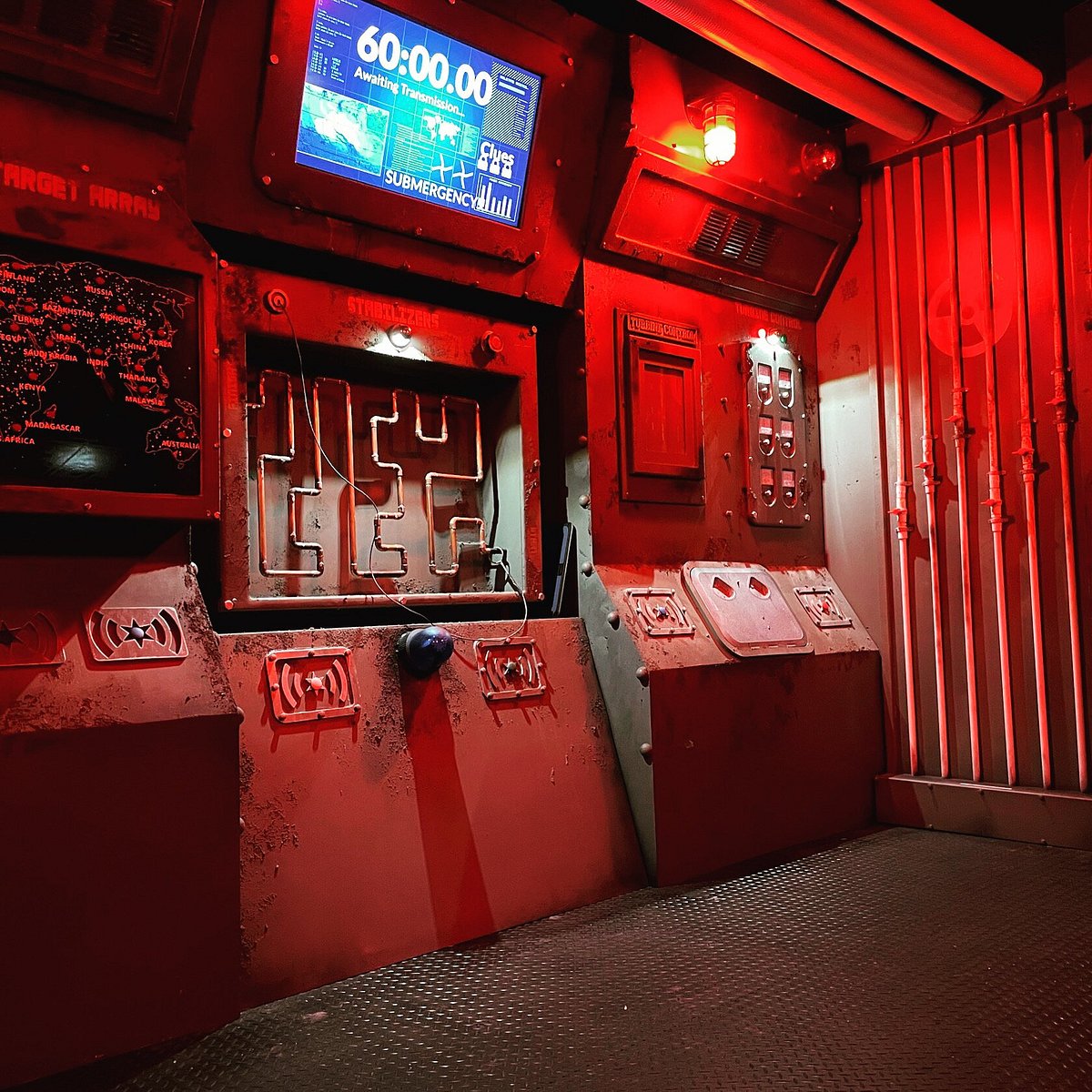Team Strategies: How to Collaborate Successfully in a Retreat Space
Teams should actively listen to each participant's insights, assign roles that line up with specific strengths, and maintain regular check-ins to guarantee focus and stop redundancy. By fostering an atmosphere that values cohesion and flexibility, groups can significantly heighten their efficiency and success prices.
Establish Clear Interaction

To help with clear communication, it is important to assign a main factor of get in touch with for details circulation. This function entails summing up searchings for and suggested methods to ensure everyone remains on the same web page. Furthermore, adopting a methodical strategy to discussions can prevent disorderly exchanges. For example, quick, focused updates from each team member can keep the group educated without frustrating them with details.
Designate Duties Strategically
While clear communication sets the foundation for effective teamwork, assigning roles purposefully makes sure that each staff member's staminas are utilized properly. In an escape room circumstance, the time-sensitive and complicated nature of obstacles requires an efficient strategy to task delegation. By determining and leveraging private proficiencies, teams can optimize their analytic capabilities and improve total performance.
A person with an eager eye for information might stand out in discovering hidden items, while a logical thinker might be much better fit to resolving challenges. This duty usually requires strong organizational and interpersonal abilities.
2nd, make certain that duties are flexible and adaptable. As new challenges emerge, the team needs to have the ability to pivot, reallocating tasks as required. This versatility helps keep momentum and stops bottlenecks that can occur due to rigid duty jobs.
Inevitably, a strategic strategy to role assignment not just takes full advantage of the toughness of each employee but likewise cultivates a natural atmosphere, driving the team in the direction of a successful retreat.
Utilize Diverse Skills
Recognizing and using the diverse abilities within your group can dramatically raise your efficiency in a getaway area. Each group member brings special staminas to the table, and successfully leveraging these capabilities can accelerate problem-solving and enhance general performance. A group participant with solid logical abilities may stand out at analyzing intricate codes or patterns, while an additional with eager empirical capacities might swiftly identify surprise clues that others may ignore.
Encourage team participants to voice their understandings and ideas quickly, pop over to this web-site making sure that all possible solutions are thought about. Furthermore, appointing tasks that line up with each member's toughness can stop traffic jams and make certain that development is continual.
In addition, variety in abilities usually converts to diversity in thinking styles, which is important in a getaway room setting. While some difficulties might require sensible thinking and accuracy, others might take advantage of imaginative and association of ideas. By identifying and leveraging this variety, teams can resolve a wider series of obstacles better, thus raising their opportunities of a successful retreat.
Manage Time Efficiently

First, assign preliminary minutes for a quick study of the room. Recognize visible challenges and split jobs based upon staff member' staminas, making sure that no one is idle. Set internal time checkpoints to examine progression occasionally; for circumstances, aim to have half the challenges addressed by the mid-point of the video game. This technique can assist maintain the group concentrated and protect against time from slipping away unnoticed.
Additionally, stay clear of tunnel vision. If a problem is taking too long, rotate basics group participants or go on to one more challenge, returning later with fresh viewpoints. Communication is extremely important-- maintain every person upgraded on solved challenges and remaining tasks to avoid repetitive initiatives.
Lastly, make use of any type of hints or hints sparingly however strategically - best escape room. Understanding when to request assistance can save important time. By sticking to these time monitoring principles, groups can substantially boost their possibilities of an effective and satisfying retreat space experience
Debrief and Reflect
Representation is a crucial aspect of group growth and renovation in the context of escape areas. As soon as the obstacle is finished, whether efficiently or otherwise, it is important for the team to participate in an organized debriefing session. This process permits employee to examine their efficiency, determine strengths, and determine areas for enhancement.
Begin the debrief by reviewing what worked out. Highlight particular instances of effective interaction, problem-solving, and partnership. Recognizing these favorable habits enhances them and encourages their repetition in future obstacles.
Talk about moments of confusion, miscommunication, or ineffective techniques. Urge an open and positive dialogue where group participants can share their viewpoints without anxiety of criticism.
Conclusion
In verdict, successful partnership in a retreat room is based upon clear interaction, strategic function assignments, the you can try these out efficient utilization of varied skills, and skillful time monitoring. Normal check-ins and structured debriefings are essential for keeping focus and promoting continual renovation. By creating a natural and flexible group atmosphere, the likelihood of successfully solving challenges and accomplishing the purpose of running away the area is dramatically improved. This strategy not just makes sure success however also promotes collective growth and discovering.